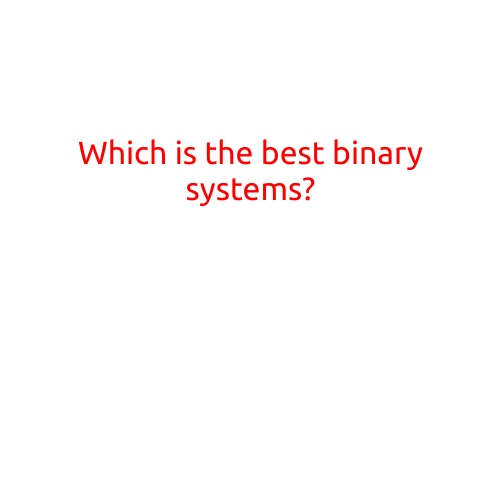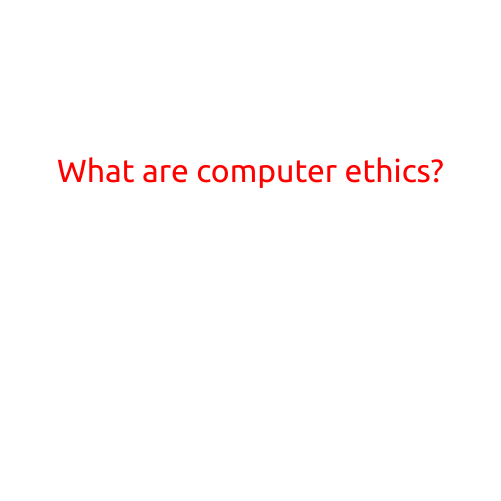
Which is the Best Computer Ethics?
In today’s digital age, the importance of computer ethics cannot be overstated. With the increasing reliance on technology in our personal and professional lives, it is essential to consider the ethical implications of our actions online. Computer ethics, also known as computing ethics, refers to the moral principles and values that guide our behavior in the digital world.
There are various approaches to computer ethics, and which one is the “best” ultimately depends on one’s perspective and values. However, in this article, we will explore some of the most prominent computer ethics theories and their implications.
1. Utilitarian Computer Ethics
Utilitarian computer ethics prioritize the greatest happiness for the greatest number of people. This approach advocates for actions that maximize benefits and minimize harm. In the context of computer ethics, this means considering the potential consequences of one’s actions and opting for solutions that benefit the majority.
For example, a utilitarian approach might argue that transparency in data collection and sharing is essential because it allows individuals to make informed decisions about their online activities and privacy.
2. Kantian Computer Ethics
Immanuel Kant’s deontological approach to ethics emphasizes the moral importance of treating others with dignity and respect. In the context of computer ethics, this means considering the inherent value of individuals and their personal properties, such as their data and online identities.
A Kantian approach might argue that collecting and sharing personal data without explicit consent is morally wrong because it violates an individual’s right to autonomy and dignity.
3. Virtue Ethics
Virtue ethics focuses on the character and moral virtues of individuals rather than specific actions or consequences. In the context of computer ethics, this approach emphasizes the importance of developing values such as honesty, fairness, and empathy in one’s online behavior.
For example, a virtue ethics approach might argue that individuals should strive to be truthful in their online interactions, even if it is difficult or inconvenient, as it contributes to a more trustworthy and respectful online community.
4. Collective Responsibility
Collective responsibility computer ethics approach emphasizes the shared accountability of individuals, organizations, and governments for ensuring ethical behavior online. This approach recognizes that the online world is characterized by complex social and economic relationships, and that each stakeholder has a responsibility to contribute to fair and ethical practices.
For example, a collective responsibility approach might argue that social media platforms have a moral obligation to promote respectful and informed online discourse, and that governments should regulate online activities to ensure they do not harm individuals or society as a whole.
5. Feminist Computer Ethics
Feminist computer ethics challenge traditional notions of power and privilege in the digital world. This approach highlights the ways in which technology can perpetuate and exacerbate existing social inequalities, and emphasizes the need for more inclusive and equitable online practices.
For example, a feminist approach might argue that the tech industry’s shortage of women in leadership positions is a result of systemic sexism and that efforts should be made to address this disparity and promote greater diversity in the industry.
Conclusion
In conclusion, there is no one “best” computer ethics approach, as each has its strengths and limitations. Ultimately, the most effective approach will depend on the specific context and values at play. By considering the different computer ethics theories and their implications, we can work towards creating a more ethical and responsible online culture.





